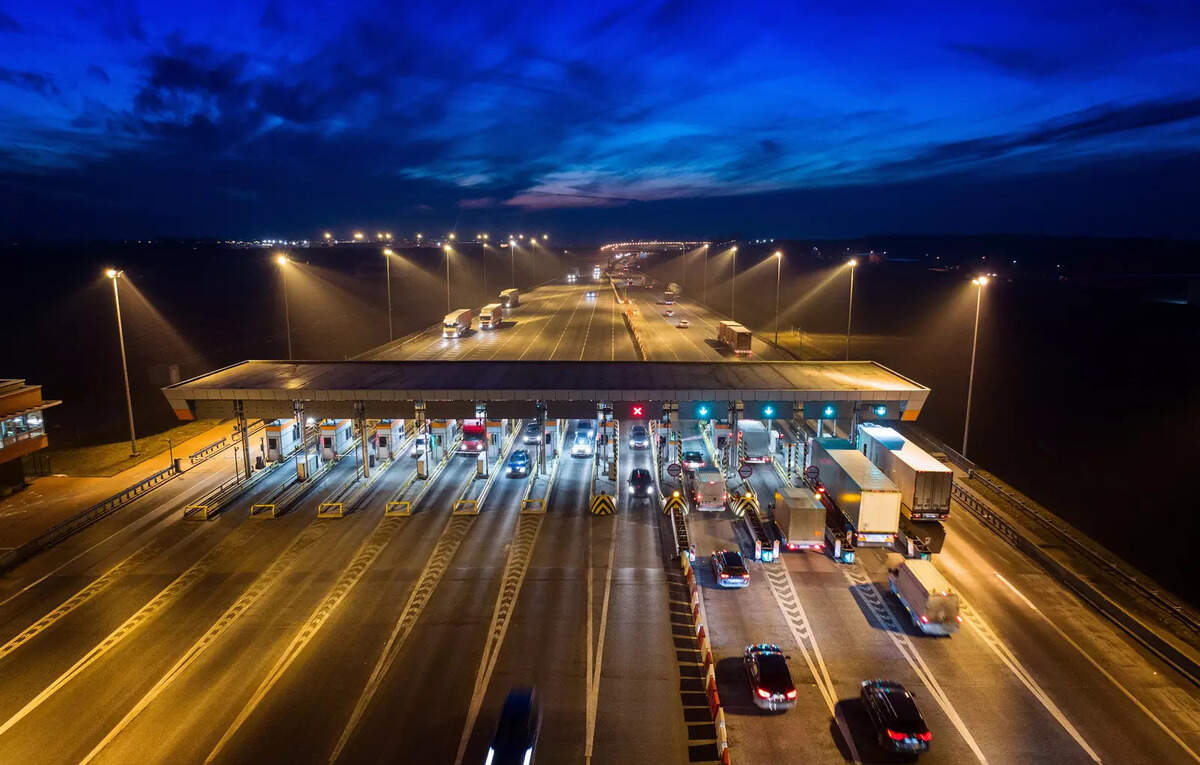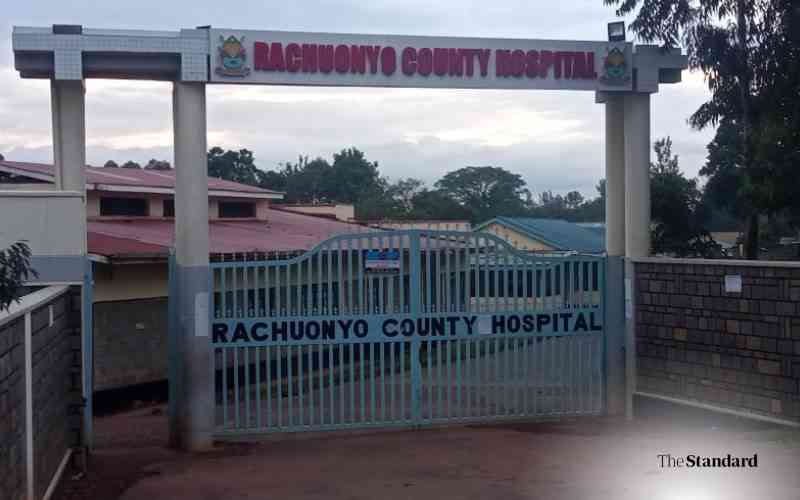GH¢1 fuel levy must not be permanent - Prof Bokpin urges government
Speaking on JoyNews’ Newsfile programme on Saturday, June 7, 2025, Prof Bokpin stated that while the government’s revenue challenges are undeniable, the absence of public consultation and a clear exit strategy for the levy have eroded public confidence.
“The lack of consultation undermines these discussions significantly. The government should reconsider its approach and learn from this,” he said.
Prof Bokpin acknowledged that recent macroeconomic developments may have influenced the timing of the levy’s introduction. He noted that the sharp appreciation of the cedi and a decline in global fuel prices presented a narrow window of opportunity for the government to introduce the levy with minimal impact on consumers.
“We’ve seen a surprising and aggressive strengthening of the local currency, creating a window of opportunity. The government likely saw this as the right time to introduce the levy, even if it’s unpopular, because the favourable conditions, driven by the currency’s strength and other factors, provide some justification,” he explained.
He further noted that the government’s fiscal position, as outlined in the 2025 Budget, lends weight to its decision. The budget shows expenditure cuts of over GH¢10 billion compared to 2024 and a reduction in gross financing needs from over GH¢60 billion to approximately GH¢44 billion. Rising gold prices and increased mining output also support the government’s revenue assumptions.
Despite these justifications, Prof Bokpin stressed that the levy must be temporary.
“The absence of a sunset clause is concerning. There should have been a clear indication that this levy isn’t permanent,” he said. He warned that should oil prices rise or the cedi depreciate, the government would need to provide justification for maintaining the levy, or remove it altogether.
Citing figures from his analysis, Prof Bokpin said the price of petrol stood at around GH¢12 per litre in late February 2025, rose to about GH¢16 shortly thereafter, and dropped back to GH¢12 by May.
“This represents an average savings of about GH¢3.20 per litre. The question is whether all these savings should be passed on to consumers. Holding back one cedi while passing on the rest seems reasonable, but only if these favourable conditions persist,” he noted.
He also addressed public concerns that the new fuel levy could be more burdensome than the Electronic Transfer Levy (E-Levy), especially for high-volume consumers.
“Some say this could be eight times worse than the E-Levy, but that depends on individual fuel consumption. The comparison is not straightforward, as the taxes are structurally different,” he clarified.
With public frustration growing, a protest planned in Kumasi, and the Ghana Private Road Transport Union (GPRTU) set to strike on Monday, 10 June, Prof Bokpin described the reaction as expected and called for immediate government intervention.
“It’s not too late for the government to engage stakeholders,” he said. He emphasised that transparency and the use of verifiable data are essential to explain the rationale behind the levy and to restore public trust.
While Prof Bokpin expressed support for the levy under the present economic circumstances, he emphasised that wider energy sector reforms, along with clear and honest communication, are crucial to ensure that the burden of reform does not fall disproportionately on ordinary Ghanaians.












